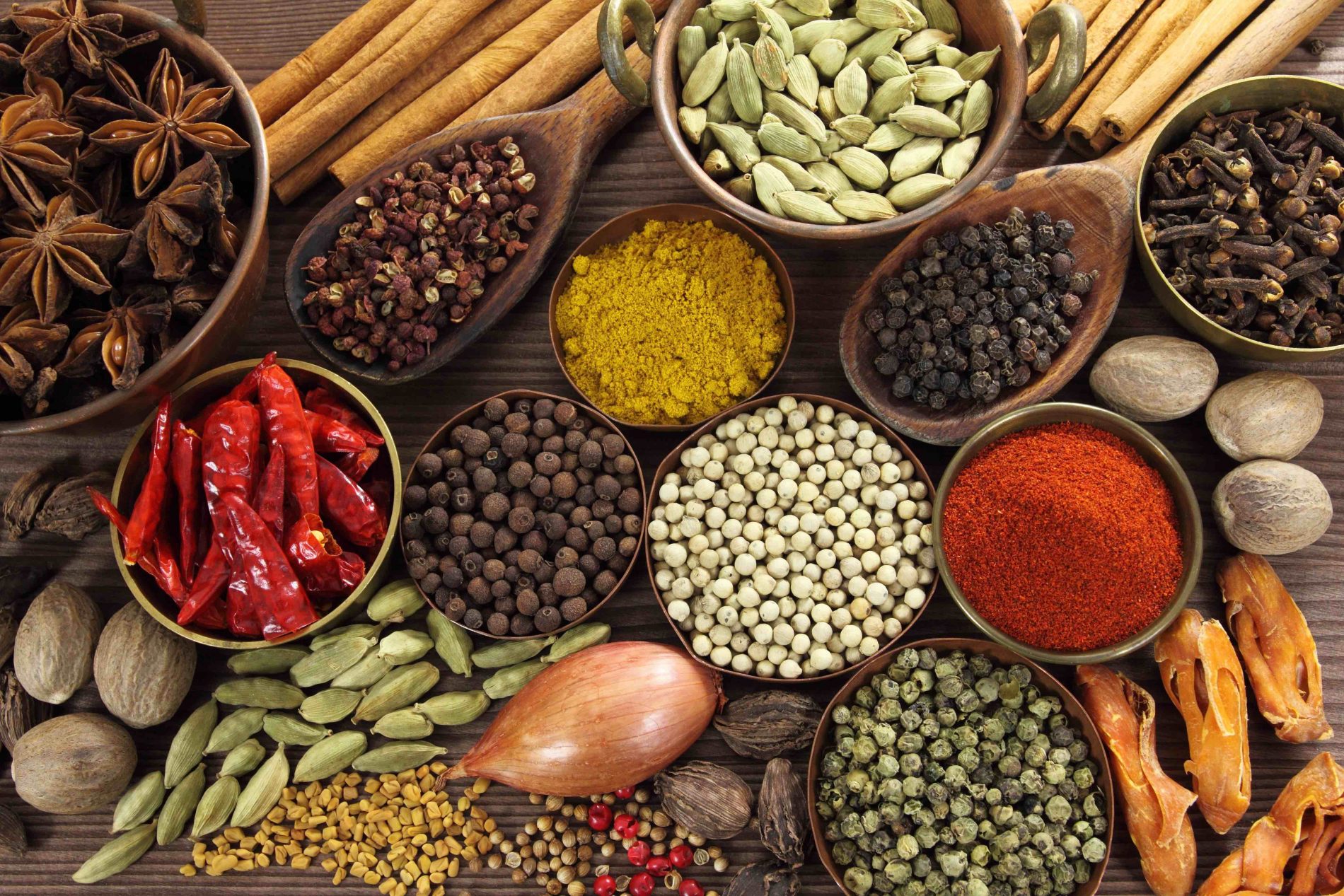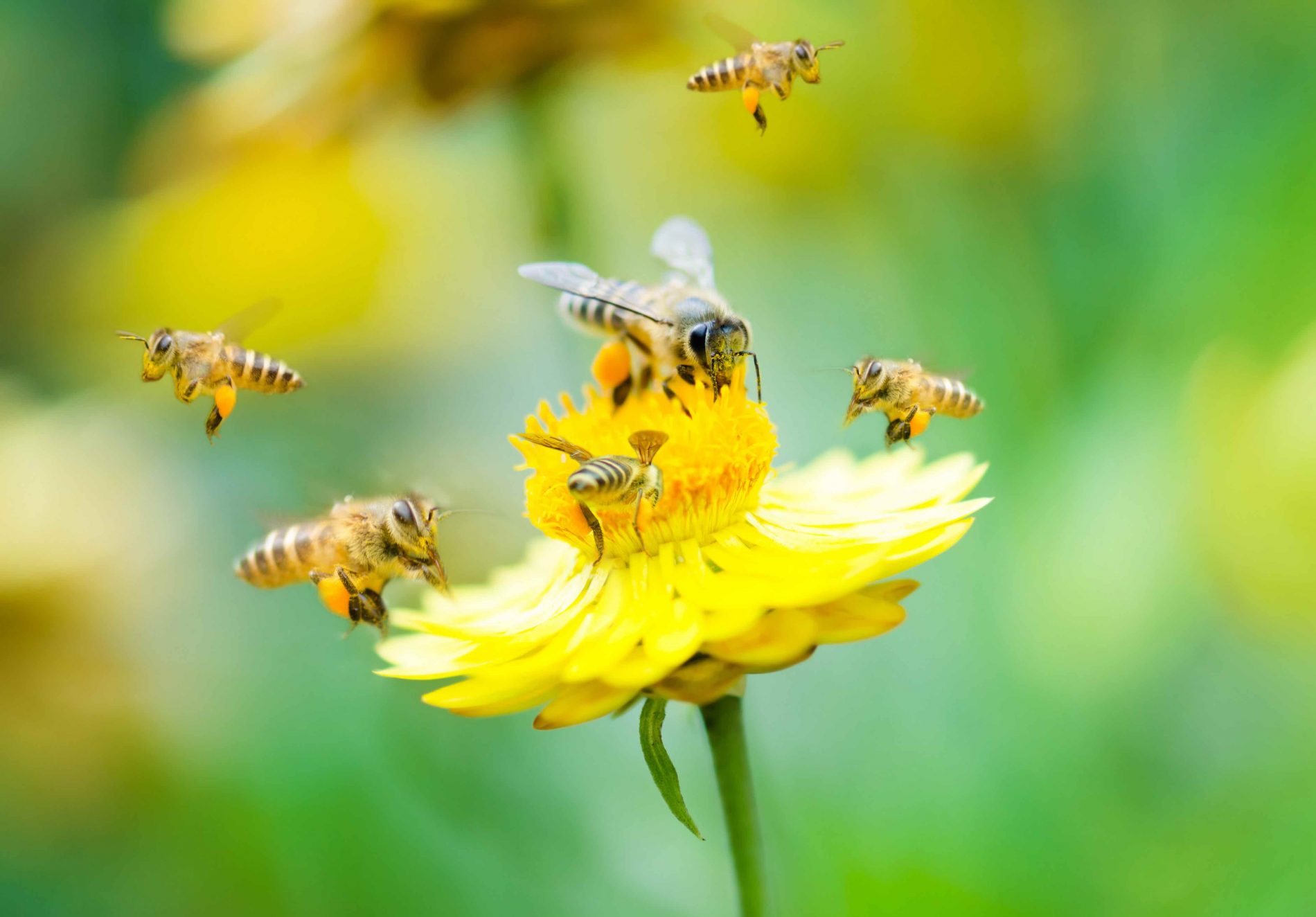Feeding a growing family can seem like a never ending marathon sometimes.
Just as one meal clean up is complete, the next meal is on the horizon. It can be exhausting to maintain a steady stream of healthy, nutrient dense meals to nourish your family.
It can also be a financial challenge to purchase high quality ingredients. That’s why buying certain items in bulk can add up to huge savings and will keep your fridge and pantry stocked for easy meal prep.
1. Organic greens are one of the most important staples that you can have in your fridge. Salads are perfect for work and school lunches or they can be turned into a quick week night meal by adding a protein like chicken, fish, nuts, or beans. Be sure to purchase the bag or container of fresh greens with the furthest expiry date to ensure freshness.
2. Small bags of frozen fruit are expensive and they just don’t last long enough in our households. A morning smoothie is a fantastic way to get the day started so be sure your freezer is always stocked with extra large bags of frozen pineapple, strawberries and blueberries. This can also the most economical way of buying organic fruit when it is not in season.
Expert tip: Buy pineapples when they are on sale, and chop them up yourself and freeze them in medium sized freezer bags. You can find pineapples on sale for $2 each some weeks, so stock up! That is a lot of fruit to receive for just $2. This way is cheaper than if you were buying already frozen pineapple in the frozen fruit department.
3. Raw nuts and seeds like almonds, walnuts, hemp hearts, chia have a long shelf life and can be stored in the freezer to keep them fresh even longer. A small bag of hemp hearts or chia seeds at the health food store can cost almost as much as a bag double the size at Costco. Add chia and hemp to smoothies and salads. Almonds and walnuts are a great snack to carry in your purse or car.
4. Quinoa and brown rice can help to add substance and protein to meals and add variety to the menu. Both have a long shelf life and are perfect to buy in bulk to keep the price point down.
5. Purchasing oils such as organic extra virgin olive oil, coconut oil and avocado oil in bulk allows for a significant cost savings. Be sure to store oils in a dark, cool location.
Avocado oil is best stored in the fridge and is a great oil to use to make homemade salad dressings.
Coconut oil can be used for sautéing and in homemade baked goods.
Extra virgin olive oil can be used for cooking at low temperature but is best used as a salad dressing or drizzled over vegetables.
Tips to stay on budget:
- Determine what your budget is, make a list that complies with the budget and stick to it. No exceptions.
- Know your family’s eating habits and only purchase foods in bulk that you know will be eaten before the expiry date.
3. Stay focused on your shopping list and don’t get drawn in by displays or seasonal items.
4. Eat before you shop. Shopping on an empty stomach can cause you to have less self-control
and you may end up with a huge box of chocolates or a giant bag of potato chips in your
cart.
Jo-Anne Richardson has almost a decade of experience managing a chiropractic office and educating patients on how chiropractic can allow your body to express optimal health. She is a Registered Holistic Nutritionist and holds a Degree in Communications. She loves to experiment with raw vegan recipes, loves to salsa dance, travel and learn new holistic health information to share tips with everyone who visits the office.


